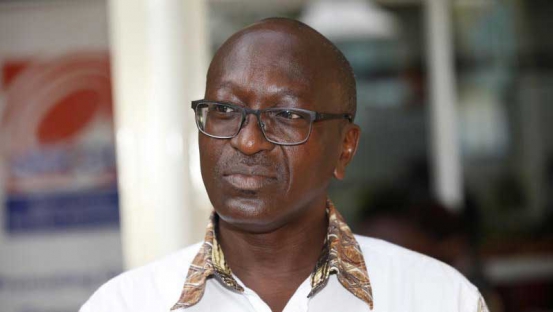×
The Standard e-Paper
Stay Informed, Even Offline

The question of numbers and their importance in an election will be back in corridors of justice for determination by the Supreme Court.
This is as a petitioner this time queries the low voter turnout during the October 26 repeat presidential election, handing President Uhuru Kenyatta victory.